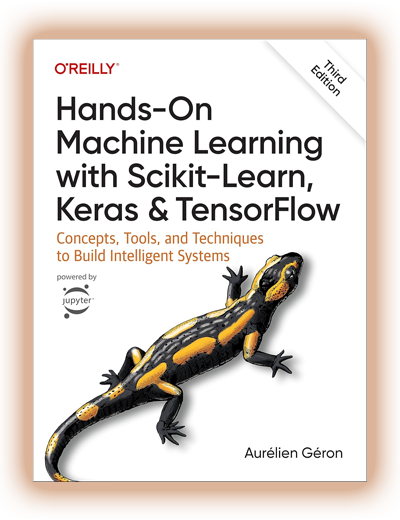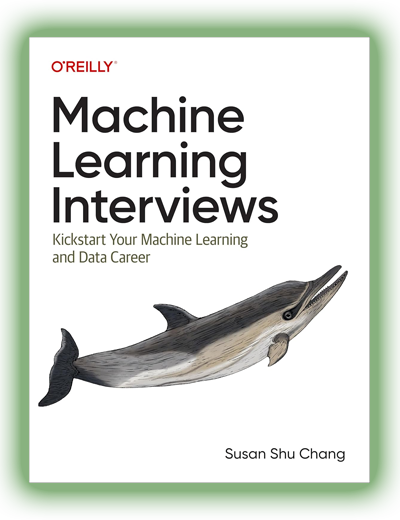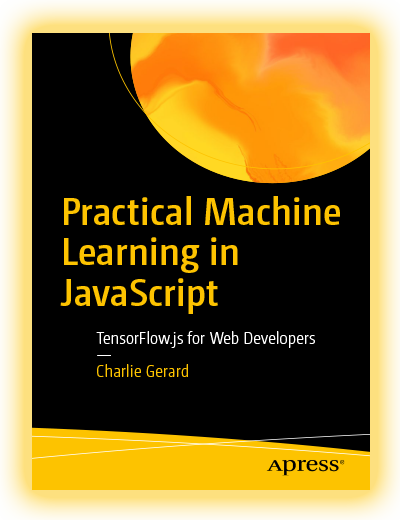"Machine Learning Production Systems" is a practical guide to deploying machine learning models in production environments. Written by engineers from Google, Spotify, and other top companies, this publication shares firsthand experience building resilient, scalable, and maintainable ML systems. Unlike books focused on theory and algorithms, it explores the full production lifecycle-from data preparation to monitoring and CI/CD infrastructure.
Download the book "Machine Learning Production Systems" in PDF for free to discover how real ML products are built and maintained under load. This publication fosters professional thinking and shows how to design systems capable of real-time updates and large-scale deployment.
What Makes This Guide Stand Out?
It distinguishes itself by focusing on real engineering challenges rather than academic concepts. Key advantages include:
- Practical focus. Each chapter revolves around real-world issues like unstable data, mismatched train/serve logic, and pipeline duplication.
- Industry-based architectures. Covers common and advanced ML system designs such as feature stores, model registries, model CI/CD, and A/B testing setups.
- Modern tools. TensorFlow Extended, MLflow, Kubernetes, TFX, and Airflow are presented through real implementation scenarios.
- Team collaboration. Discusses MLOps team roles and how engineers, data scientists, and product owners collaborate effectively.
- Production-proven solutions. Draws on dozens of real projects that have gone through scaling, evolution, and stress testing.
This guide is suitable for developers as well as technical leaders setting up ML infrastructure in a company.
What Will You Learn?
You’ll gain a clear, structured understanding of how to build engineering-grade ML pipelines for production. Topics include:
- Preparing features and handling unstable data.
- CI/CD pipelines for both features and models.
- Feature stores and data versioning.
- Error modeling and rollback mechanisms.
- Production-grade model monitoring infrastructure.
- Cloud API integration and service deployment.
How Can You Apply This Guide in Practice?
After reading this manual, you'll be able to build stable, reproducible ML infrastructures ready for real-world use. Practical applications include:
- Building end-to-end ML systems from ingestion to serving.
- Deploying training and serving pipelines in cloud environments.
- Versioning models and datasets in enterprise-grade setups.
- Monitoring model performance and detecting drift.
- Setting up A/B tests and collecting real-time user feedback.
More About the Author of the Book
The Developer's Opinion About the Book
As an engineer who has deployed ML models to production, I found this book incredibly valuable. Before reading it, I often struggled with pipeline design, version control for features, and model degradation monitoring. This publication gave me architectural clarity and practical patterns used across the industry. What I appreciate most is its realism. The authors don’t sugarcoat trade-offs-they openly discuss what works, what breaks, and why. They don’t promote a single tool either, which keeps the book grounded in flexible thinking. The chapters on CI/CD and model monitoring were particularly insightful and helped us rebuild our internal ML pipeline-reducing model latency by 30%. If you're serious about scaling ML in production environments, this guide is a must-have. It’s not about abstract theories-it’s a toolkit for real-world MLOps engineers.
Sarah Bennett, Machine Learning Developer
FAQ for "Machine Learning Production Systems"
Is this guide suitable for beginners in ML?
It’s aimed at readers who already understand ML models and want to move toward production-grade systems. If you're beyond the algorithm-learning phase, this is a logical next step. The authors explain architectures clearly without rehashing ML basics.
How technical is the content?
It's technically deep but accessible. You'll learn about pipelines, environments, Kubernetes, Apache Beam, and Kubeflow. Concepts are explained in a way that even junior engineers can understand, making it useful across all experience levels.
Are real-world company case studies included?
Yes. The book highlights practices from Google, Spotify, Netflix, and other tech leaders. It includes architectures and use cases for recommendation systems, predictive analytics, A/B testing, and scalable model deployment-based on real operations.
Can this manual be used in project-based work?
Absolutely. It’s designed as a practical tool, not just a theoretical read. Each chapter includes architectural patterns, tooling advice, pipeline structure, data versioning, and CI/CD strategies-perfect for building your own ML projects.
What tools are covered?
The author explains a modern MLOps stack used in real-world deployments:
- TensorFlow Extended (TFX) for end-to-end ML pipelines-from data prep to model serving.
- Apache Beam for scalable batch and streaming data processing.
- Airflow for pipeline orchestration and task dependencies.
- MLflow for experiment tracking, metric logging, and model management.
- Kubeflow and Vertex AI for deploying in Kubernetes and Google Cloud.
Each tool is illustrated through real configurations and practical advice tailored to use cases.
Information
| Author: | Robert Crowe, Hannes Hapke, Emily Caveness, and Di Zhu | Language: | English |
| Publisher: | O'Reilly Media | ISBN-13: | 978-1098156015 |
| Publication Date: | December 3, 2024 | ISBN-10: | 1098156013 |
| Print Length: | 472 pages | Category: | Machine Learning and Artificial Intelligence Books |
Get PDF version of "Machine Learning Production Systems" by Robert Crowe, Hannes Hapke, Emily Caveness, and Di Zhu
Support the project!
At CodersGuild, we believe everyone deserves free access to quality programming books. Your support helps us keep this resource online add new titles.
If our site helped you — consider buying us a coffee. It means more than you think. 🙌

You can read "Machine Learning Production Systems" online right now!
Read book online* →*The book is taken from free sources and is presented for informational purposes only. The contents of the book are the intellectual property of the author and express his views. After reading, we insist on purchasing the official publication on Amazon!
If posting this book in PDF for review violates your rules, please write to us by email admin@codersguild.net









